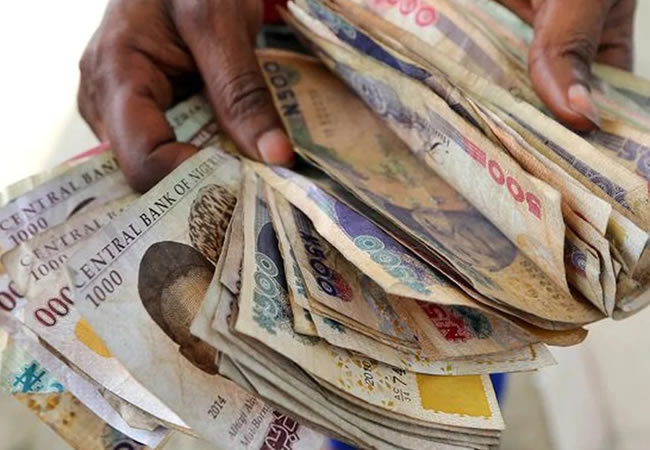The financial market has continued to price money at higher rates as a result of recent monetary policy tightening. This has significantly impacted the financial sector, with short-term benchmark interest rates rising to double-digit levels.
According to statistics from the FMDQ platform, interbank rates in the money market increased sharply last week as a result of the financial system’s stressed liquidity balance.
Short-term benchmark interest rates have modified to reflect a hawkish monetary policy stance in an effort to combat inflationary forces such as an excessive money supply.
The Apex Bank increased the monetary policy rate and cash reserve ratio (CRR) to 27.25% and 50.0%, respectively, thus keeping a substantial portion of bank deposits with the authority, limiting liquidity, and constraining interbank lending, Afrinvest said.
Data obtained from the market revealed that liquidity level in the financial system started with a credit balance of around ₦709 billion, AIICO Capital Limited said in an emailed note but dropped by over ₦1.4 trillion last week.
According to market analysts, the decrease was caused by outflows related to the Central Bank of Nigeria’s (CBN) foreign currency market (FX) intervention settlements.
The market also witnessed outflows related to cash reserves ratio (CRR) debits on banks and OMO auction settlements, despite some inflows from different sources.
Total outflow relating to OMO bills auction was N731.14 billion, Cash Reserves ratio debit was N110 billion, while FX sales intervention reduced the liquidity level by an additional sum of N98 billion.
Analysts said the amount that exited the system overwhelmed Remita inflows, swap maturities, FGN bond coupon inflows, and FCT Signature Bonus, which bolstered the balance in the financial market.
As a result, the interbank rates notably rose, with the open repo rate (OPR) and the overnight rate (O/N) increasing by 2.54% and 2.80% to 32.23% and 32.77%, respectively, analysts said.
As a result, the average system liquidity closed at a net short position of NGN174.26 billion, down from a net long position of NGN462.09 billion the week before, according to Cordros Capital Limited.
“We expect the overnight lending rate to remain elevated in the absence of any notable inflows to support the financial system amid a possible net issuance at the Wednesday Nigerian Treasury Bills auction,” the company reported.
According to Afrinvest Limited, the Federal Accounts Allocation Committee (FAAC) inflow totaled N903.4 billion in September, providing an occasional boost to system liquidity.
However, this influx was offset by overall outflows of around N1.34 trillion due to the CBN’s Treasury bill sales outflow of N622.7 billion and OMO auctions totaling N712.5 billion. Nonetheless, system liquidity ended higher at ₦253.6 billion in September from the negative close in August.













